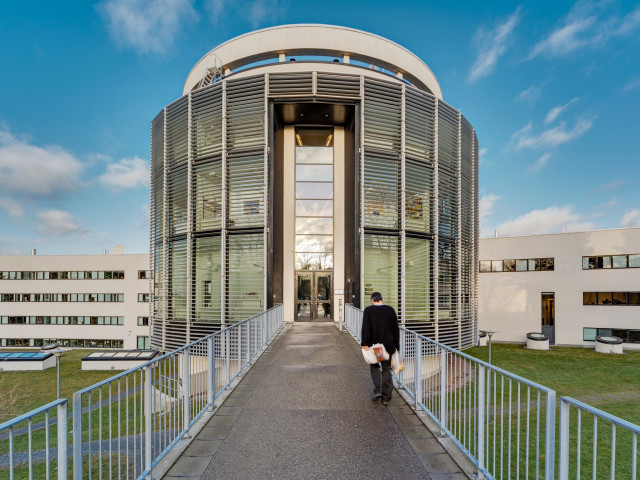- Properties of superconductors, Meissner effect, good conductors and perfect conductors.
- London theory for superconductors.
- Thermodynamics for superconductors, type-I and type-II superconductivity.
- Vortices in type-II superconductors, energy losses, Bean critical state model.
- Josephson junctions, quantum interferometers (SQUID:S), short and long Josephson junctions.
- Ginzburg-Landau theory for superconductors,
- Large scale applications (e.g. magnets, energy storage, advanced transportation) and applications in electronics (e.g. SQUID instrumetns, computers, measurement normals).
IM2661 Superconductivity and Applications 6.0 credits
This course has been discontinued.
Decision to discontinue this course:
No information inserted
Information per course offering
Course offerings are missing for current or upcoming semesters.
Course syllabus as PDF
Please note: all information from the Course syllabus is available on this page in an accessible format.
Course syllabus IM2661 (Autumn 2016–)Content and learning outcomes
Course contents
Intended learning outcomes
The course aims at giving the students in depth knowledge and know-how within the theory of superconductivity in order to understand and describe the principles behind various superconducting applications.
After the course, the students shold be able to:
- describe different theories of superconductivity and their ranges of validity
- in detail describe the difference between good conductors, perfect conductors and superconductors
- apply London theory, modified London theory and Ginzburg-Landau theory for superconductivity for both derivations and numerical calculations
- explain type-I and type-II superconductivity based on thermodynamic calculations of the Gibbs free energy for a superconductor
- discuss vortices and their properties in a superconductor both quantitatively and qualitatively, especially concerning energy losses in superconducting wires
- apply Bean critical state model
- derive equations for Josephson junctions and relate this to different applications within superconducting electronics
- describe various applications of superconductivity (superconducting wires, magnets, Maglev trains, SQUID:s, tomographs, measurement normals, superconducting electronics etc).
Literature and preparations
Specific prerequisites
Good knowledge about basic concepts in vector analysis, like divergence, curl, line inegrals, Gauss and Stokes theorems.
Good knowledge of Maxwell's equations and basic quantum physics.
Literature
M. Andersson, Introduction to applied superconductivity, KTH (compendium)
Examination and completion
Grading scale
Examination
- KON1 - Partial exam, 3.0 credits, grading scale: A, B, C, D, E, FX, F
- INL1 - Written assignments, 3.0 credits, grading scale: A, B, C, D, E, FX, F
Based on recommendation from KTH’s coordinator for disabilities, the examiner will decide how to adapt an examination for students with documented disability.
The examiner may apply another examination format when re-examining individual students.
If the course is discontinued, students may request to be examined during the following two academic years.
Final grade on the course is based on the total number of points on the hand-in problems and the short exams.
Examiner
Ethical approach
- All members of a group are responsible for the group's work.
- In any assessment, every student shall honestly disclose any help received and sources used.
- In an oral assessment, every student shall be able to present and answer questions about the entire assignment and solution.
Further information
Course room in Canvas
Offered by
Main field of study
Education cycle
Supplementary information
The course is also elective for PhD students in the doctoral programme in physics.
The course is evaluated according to KTH's policy for course analysis.
The course is replaced by SK2759 as from autumn term 2017.